On the Origin of the Right to Copy: Charting the Movement of Copyright Law in Eighteenth Century Britain
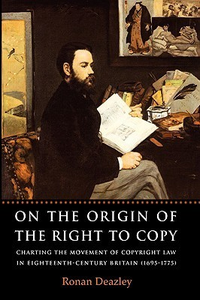
Summary
Taking as its point of departure the lapse of the Licensing Act 1662 in 1695, this book examines the lead up to the passage of the Statute of Anne 1709 and charts the movement of copyright law throughout the eighteenth century, culminating in the House of Lords decision in Donaldson v Becket (1774). The established reading of copyright's development throughout this period, from the 1709 Act to the pronouncement in Donaldson, is that it was transformed from a publisher's right to an author's right; that is, legislation initially designed to regulate the marketplace of the bookseller and publisher evolved into an instrument that functioned to recognise the proprietary inevitability of an author's intellectual labours. The historical narrative which unfolds within this book presents a challenge to that accepted orthodoxy. The traditional analysis of the development of copyright in eighteenth-century Britain is revealed as exhibiting the character of long-standing myth, and the centrality of the modern proprietary author as the raison d'être of the copyright regime is displaced.
Similar Books
-
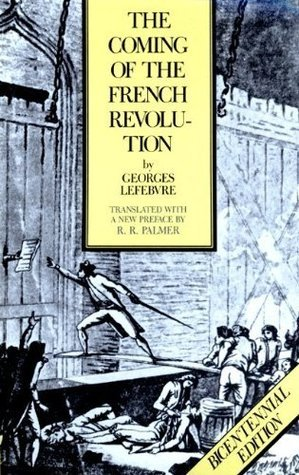 Quatre-vingt-neuf
Quatre-vingt-neufby Georges Lefebvre
-
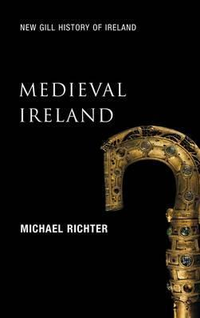 Medieval Ireland: The Enduring Tradition
Medieval Ireland: The Enduring Traditionby Michael Richter
-
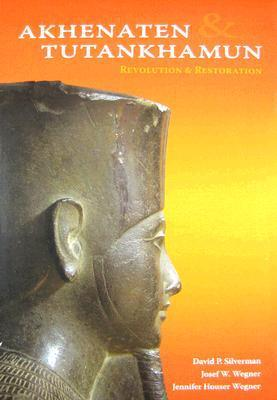 Akhenaten and Tutankhamun: Revolution and Restoration
Akhenaten and Tutankhamun: Revolution and Restorationby David P. Silverman
-
 The Cult of Remembrance and the Black Death: Six Renaissance Cities in Central Italy
The Cult of Remembrance and the Black Death: Six Renaissance Cities in Central Italyby Samuel K. Cohn Jr.
-
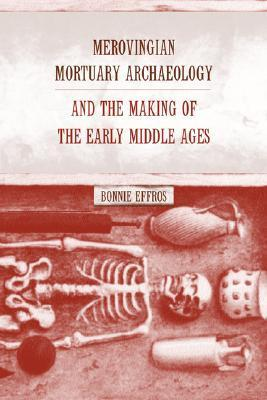
-
 Analytical Philosophy of History
Analytical Philosophy of Historyby Arthur C. Danto
-
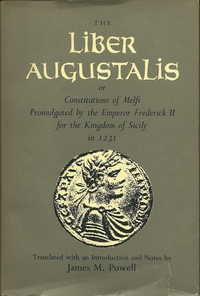 The Liber Augustalis or Constitutions of Melfi Promulgated By the Emperor Frederick II for the Kingdom of Sicily in 1231
The Liber Augustalis or Constitutions of Melfi Promulgated By the Emperor Frederick II for the Kingdom of Sicily in 1231by Frederick II of Hohenstaufen
-
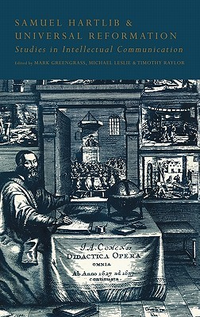
-
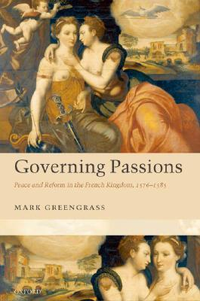 Governing Passions: Peace and Reform in the French Kingdom, 1576-1585
Governing Passions: Peace and Reform in the French Kingdom, 1576-1585by Mark Greengrass
-
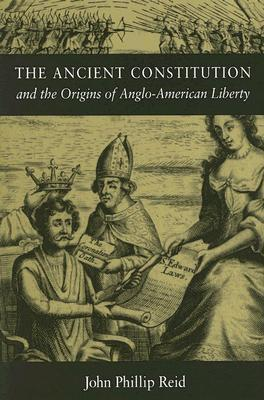 The Ancient Constitution and the Origins of Anglo-American Liberty
The Ancient Constitution and the Origins of Anglo-American Libertyby John Phillip Reid
-
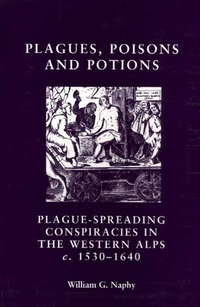
-
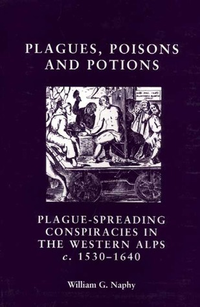
-
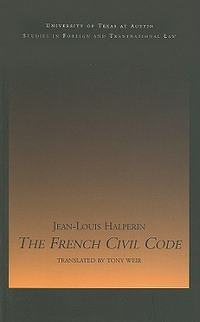 The French Civil Code
The French Civil Codeby Jean-Louis Halpérin
-
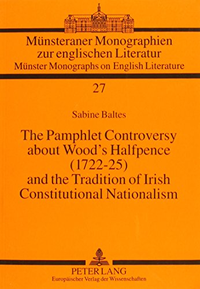
-
 Law and Citizenship in Early Modern France
Law and Citizenship in Early Modern Franceby Charlotte C. Wells